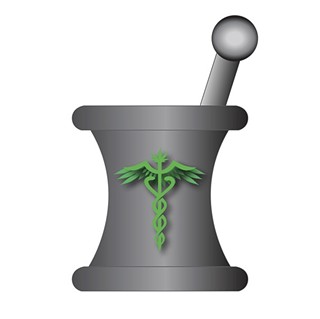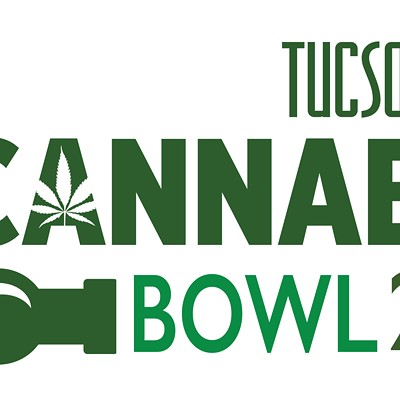I want to talk to you about a dirty little secret.
You might have heard about it; it was on the front page of the papers and was the lead story on virtually every evening newscast in Arizona for a while, and it's been the topic of much barroom banter and water-cooler conversation.
Here it is: Doctors can now certify you to smoke pot, to ease your pain or soften your muscle spasms or improve your appetite. Now, you would think that word—doctors—would have some impact on the situation, and maybe lend some degree of legitimacy to the growing, sharing, smoking and eating of marijuana.
Sorry. It seems that shame pervades.
Marijuana is a touchy subject in many circles. It's not the kind of thing you necessarily tell your mom or your neighbors about, even if your doctor says it's OK. It shouldn't be that way, but it is.
I have met a doctor, a lawyer and a police officer who smoke pot. I smoked pot with a guy who was responsible for thousands of employees in a multinational corporation. I have smoked pot with a teacher. They all inhaled, but they aren't likely to start sparking it up at dinner parties simply because it's now sort-of legal.
In recent months, I have met several folks who are now certified, card-carrying medical-marijuana users. None started smoking because the law changed, and they aren't broadcasting their marijuana use any more than they ever did. There is a tangible hesitancy when the topic comes up. People lower their voices and whisper behind their hands.
"Pssst. Did you get your card yet?"
I have run up against the shame on several fronts. There is inherent risk in taking this writing gig. I have a reputation to uphold, for God's sake (though some who know me might laugh at that), and I might face some ire. That's why the kindly editors of the Tucson Weekly are allowing the unusual buffer of a pseudonym.
My mother doesn't know I smoke marijuana, though I think she might suspect it.
And the shame isn't limited to patients.
My own doctor, who has known me for the better part of a decade and has treated several episodes of my neck pain, won't certify patients for marijuana. His physician's assistant told me, "He doesn't really support that." Then she gave me his referral to a clinic for an evaluation. They cheerfully faxed my medical records to the naturopath who evaluated me.
My doctor doesn't support it—or doesn't want to be associated with it?
I asked another doctor about it, one who does support medical marijuana. She told me that if she certifies patients, she will automatically be associated with the shady-seeming clinics that appear to be more about marketing than medicine. (See www.emedicalmarijuanacard.com.) So she won't certify patients, either.
Some of the pervasive shame surrounding medical marijuana probably comes from the murky legal waters. Ask some folks, and they will tell you pot is legal now. But that's state law. The feds look the other way in most instances, but there have been raids.
Thus far, Arizona has escaped a federal chronic crackdown, but the threat is there nonetheless. Just ask Jan Brewer. It's a dichotomy in the law that gives some people pause.
I also know an Iraq veteran whose girlfriend isn't a huge fan of marijuana. She never seemed to like it much when he smoked it ... until there was a legal avenue. It's a kind of institutional shame, maybe. First, she conceded that it would be OK if he had a medical-marijuana card. Now she thinks maybe he should become a caregiver.
Now that's progress.
So the real battle for medical marijuana didn't happen (and certainly wasn't won) in the voting booth last November. It isn't playing out in the courts, with a clear victor, justly and rightly presided over by a judge in cases involving clubs or dispensaries.
The real battle is playing out deep in the folds of our collective psyche, down where we hide the dirty little secrets.
I hope we can find a way for everyone to win.










